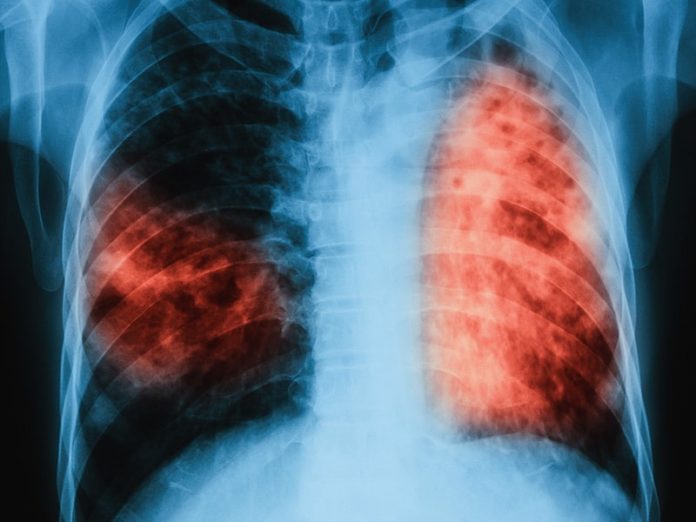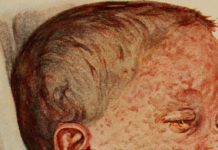
India’s TB Control Programme is now looking at artificial intelligence to bring new edge to the fight against tuberculosis
The Central TB Division of the Health Ministry has signed a Memorandum of Understanding (MoU) with Wadhwani Institute for Artificial Intelligence to explore the application of cutting-edge Artificial Intelligence technology in its fight against TB. The MoU was signed by Vikas Sheel, Joint Secretary (HFW) and Dr P Anandan, CEO ( Wadhwani AI).
As part of the collaboration, Wadhwani AI would be supporting National TB programme become AI-ready which would include, developing, piloting, and deploying AI-based solutions. It would support the programme in vulnerability and hot-spot mapping, modelling novel methods of screening and diagnostics and enabling decision support for care-givers apart from supporting the RNTCP in adoption of other AI technologies.
The Revised National TB Control Programme has been at the forefront of adoption of newer technologies in healthcare. Artificial Intelligence (AI) provides a unique opportunity for the health sector, bringing efficiency, saving resources and bringing accuracy in interpretation
The Revised National TB Control Programme has been at the forefront of adoption of newer technologies in healthcare. Artificial Intelligence (AI) provides a unique opportunity for the health sector, bringing efficiency, saving resources and bringing accuracy in interpretation and enhancing quality of service delivery. Its use in this sector has an ample scope to improve outcomes, especially in situations where resources are limited. India is committed to ending TB by 2025, five years ahead of the Global Sustainable Development targets.
India has one of the highest TB burdens in the world. TB kills an estimated 480,000 Indians every year andmore than 1,400 every day. India also has more than a million ‘missing’ cases every year that are notnotified and most remain either undiagnosed or unaccountably and inadequately diagnosed and treated in the private sector.












